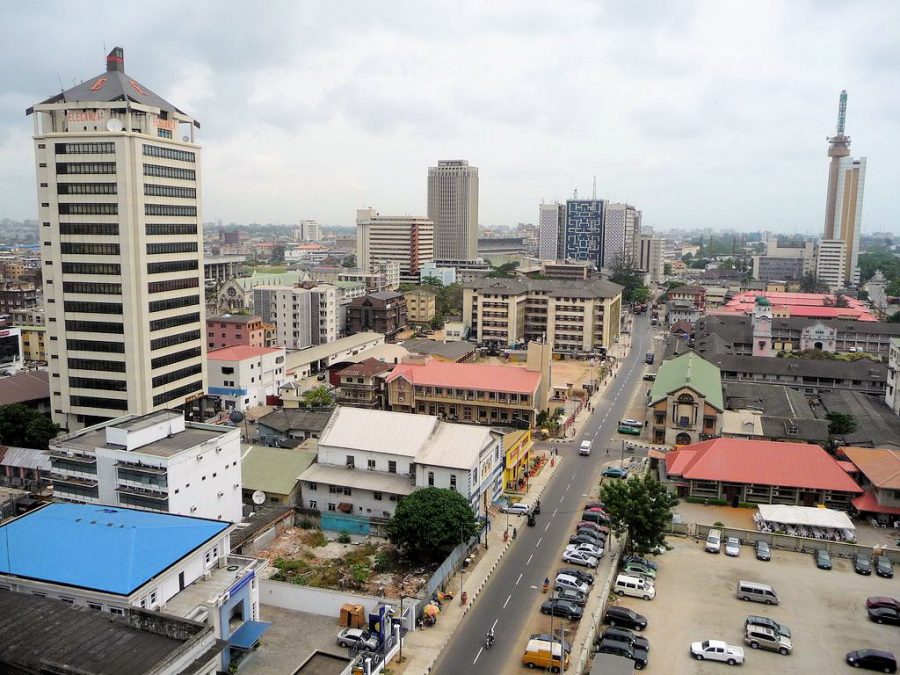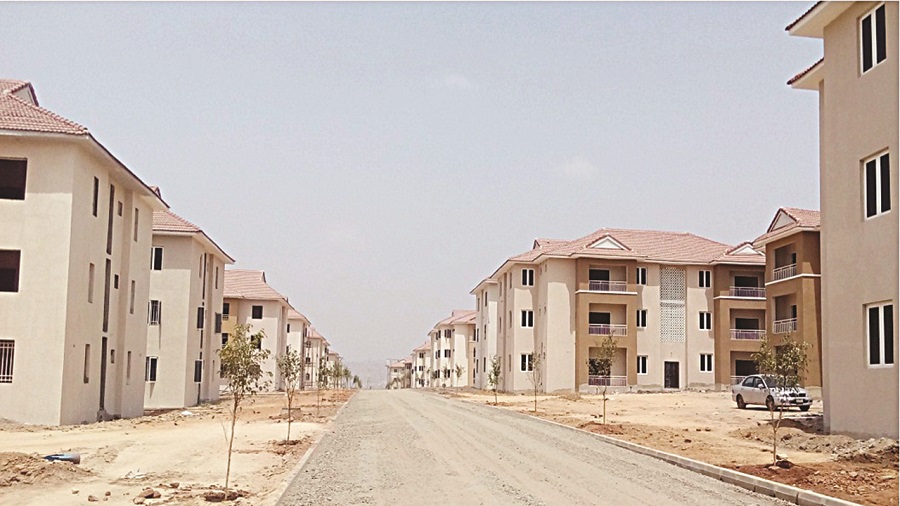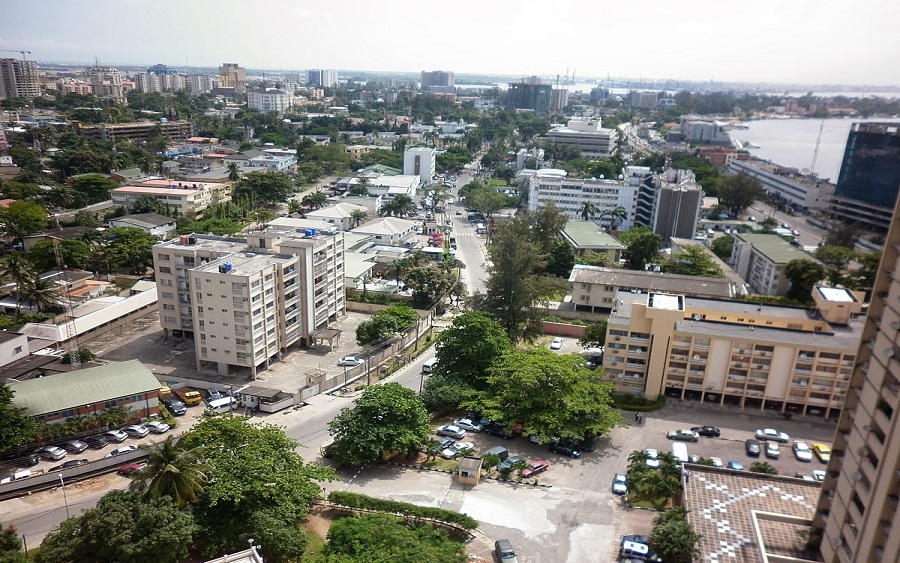The Nigerian Stock Market hit a three-year low Wednesday after stocks skidded to yet another loss on the last day of trading for the month of November 2015. The All Share Index lost 0.83% on the day to take the month to date and year to date losses to 6.18% and 20.98% respectively. The market capitalization will close at N9.415 trillion. The All Share Index also closed lower at 27,385.69 the lowest level since December 4th 2012 according to our records.
Why the drop
Reports reaching Nairametrics suggest one of the major reason for the poor performance in November and October was mainly attributed to the a rash of CBN policies that have impacted negatively on the Foreign Portfolio Investments (FPI). According to the data obtained from the NSE, the exchange has recorded a net FPI outflow of about N53 billion (September YTD) with an outflow of N450.5 billion compared to N390.3 billion in inflows. However, this has also been the trend as FPI outflows have mostly exceeded inflows since we started tracking this data in 2014. Investors reached by Nairametrics allude to the fact that FPI’s provide the liquidity required to drive liquidity on the bourse and believe the October and November data will not only show a net outflow but an overall drop in FPI transactions (Outflow and Inflow).
Another person with the knowledge of the matter explains that local investors who before now had been passive have also been selling down their stocks in droves due to the harsh economic conditions. “People have been selling their stocks because that is the fastest way to raise money at the moment. Even real estate business is getting more and more difficult to sell because no one has the money to buy and sellers are not willing to bring down prices. This leaves them with no option than to sell” he concludes.
CBN Policies
The CBN’s in its monetary policy communique noted that the bearish trends experienced in the capital market reflects “largely the cautious approach to lending by the deposit money banks.” It then responded by lowering the rate at which it lends to banks to 11% and reduced cash reserve requirements to 20% from 25% all in a move to boost liquidity. The action has probably not worked as investors are more interested in staying solvent than investing in a market exposed to a risk of a potential devaluation. Foreign investors have been clamoring for the CBN to devalue the nation’s currency if it is interested in attracting more foreign investments.
The Nigerian Stock Exchange leadership appears for now to be toothless and may not provide any measures that can stop the bleeding. Indications also suggest the market could be in for a bearish December. The last time the market turned red in December was in 2008.

![[BOOM] Stock Market Crashes To A 3 Year Low As Investors Shun CBN Policies](https://nairametrics.com/wp-content/uploads/2015/11/Nov-ASI.png)















